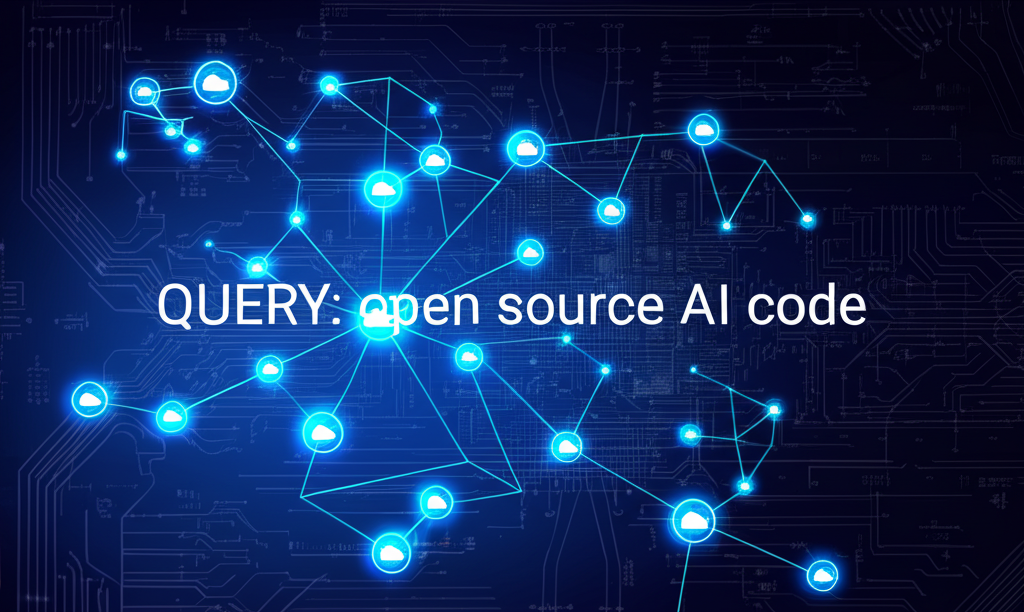Google DeepMind Announces Major Breakthrough in Protein Structure Prediction
Google DeepMind has announced a significant breakthrough in protein structure prediction that could revolutionize drug discovery and biological research. The company's latest AI system, AlphaFold 3, can predict the structure of virtually any protein with unprecedented accuracy, including complex protein assemblies and interactions with other molecules.
Beyond Single Proteins
While previous versions of AlphaFold made headlines for solving the protein folding problem for individual proteins, AlphaFold 3 represents a major advance in several key areas:
- Predicting structures of large protein complexes with multiple subunits
- Modeling protein-protein interactions with high precision
- Accurately predicting protein-drug binding sites and interactions
- Simulating protein dynamics and conformational changes
- Designing novel proteins with specific functions
"AlphaFold 3 represents a quantum leap in our ability to understand the molecular machinery of life," said Demis Hassabis, CEO and co-founder of Google DeepMind. "By accurately modeling not just individual proteins but how they interact with each other and with small molecules, we're opening new frontiers in drug discovery and biological research."
Scientific Validation
The breakthrough has been validated through extensive testing and collaboration with independent research laboratories. In blind tests, AlphaFold 3 achieved:
- Near-experimental accuracy for protein complex structures
- Correct prediction of previously unknown protein-protein interactions
- Accurate modeling of conformational changes upon binding
- Successful prediction of drug binding sites and affinities
The results have been published in Nature, with accompanying papers in Science and Cell describing specific applications in drug discovery and fundamental biology.
Implications for Drug Discovery
The pharmaceutical industry is particularly excited about AlphaFold 3's potential to accelerate drug development:
- Enabling rational drug design for previously "undruggable" targets
- Reducing reliance on expensive and time-consuming experimental methods
- Predicting off-target effects and potential side effects earlier in development
- Designing more specific drugs with fewer side effects
- Repurposing existing drugs for new indications based on structural insights
"This technology could fundamentally change how we discover new medicines," said Dr. Emma Rodriguez, head of computational drug discovery at Merck. "What previously took years of experimental work might now be accomplished in weeks or even days."
Open Science Approach
Following the approach taken with previous versions, DeepMind is making AlphaFold 3 available to the scientific community:
- The full database of predicted structures will be freely accessible
- A public version of the system will be available through Colab
- The source code will be released for non-commercial research use
- Partnerships with non-profit organizations will ensure access for neglected disease research
"We believe the potential benefits of this technology are so significant that it should be available to researchers worldwide," said Hassabis. "Our goal is to accelerate scientific progress across biology and medicine."
Future Directions
DeepMind has outlined several areas for future development:
- Extending the system to predict structures of nucleic acids and their complexes with proteins
- Modeling larger cellular assemblies and organelles
- Predicting the effects of mutations on protein structure and function
- Designing novel biological systems with specific properties
- Integrating with other AI systems for automated scientific discovery
The breakthrough comes at a time of rapid advancement in AI applications for science, with experts suggesting that fields like biology and chemistry may be transformed by AI in the coming years even more profoundly than areas like image and text generation.
Source: Nature Journal

